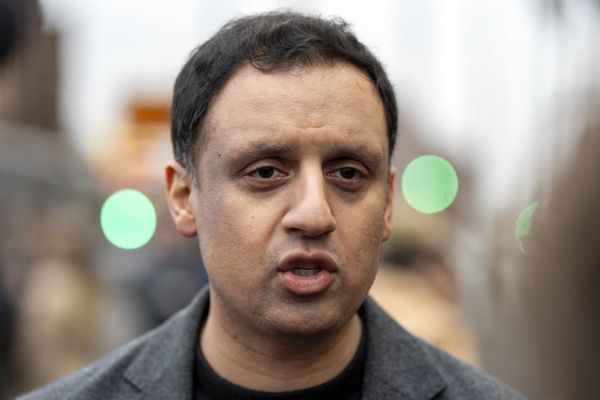
I actually think productivity is pretty forefront of the public debate actually. It gets talked about a lot because it’s actually really important that we have productivity growth…
Michele Bullock, June 18, 2024
Productivity is crucial to the economy and lower interest rates, we’re constantly told. Well, except for the Reserve Bank itself. From early next year we’ll have a total of 18 people across two boards involved in running the bank and monetary policy, up from nine now (there’ll be two common members of both, the governor and deputy governor).
Despite the significant increase in personnel, it’s unlikely to result in any meaningful change for ordinary Australians suffering under a blinkered, doctrinaire Reserve Bank that has far more regard for what it thinks should be happening in the economy than what really is.
There’ll be strong continuity on monetary policy because the monetary policy committee will comprise existing RBA board members Ian Harper, Alison Watkins, Iain Ross and Carolyn Hewson, along with Bullock, her deputy Andrew Hauser, and Treasury secretary Steven Kennedy.
They will be joined by new appointee Marnie Baker, who has 35 years of experience in the financial sector — including as chief executive of the Bendigo and Adelaide Bank and deputy chair of the Australian Banking Association — and economist Renee Fry-McKibbin, who was on the RBA review panel that produced the idea of following the Bank of England in having a separate monetary policy/interest rate committee.
Fry-McKibbin is an eminent professor at the Australian National University, and she’ll emerge as the “senior” non-RBA policy committee member, even though Ian Harper, another senior economics academic, will also be there. But Fry-McKibbin’s specialisation is macroeconomics, rather than any study of what’s really going on in the Australian economy via growing concentration and its impacts on productivity, innovation and inflation. There’ll be little change at first from the “new” committee, given that would suggest the current RBA board got it wrong.
The question, really, is how adding a new board and six new appointees (there are four new appointees to what is now the “governance” board running the bank) is going to improve monetary policy after a decade of poor decisions, from keeping rates elevated in the 2010s as wages stagnated, to former governor Philip Lowe’s reassurance that rates wouldn’t be rising until 2024, to Lowe and Bullock’s stolid insistence on smashing the economy to crush inflation primarily driven by external factors and gouging corporations. Adding a macroeconomist, however eminent, and a banker to essentially the same line-up handed the same papers by the same narrow-minded bank officials is no recipe for change — as will likely become clear next year.
All this has been driven by Treasurer Jim Chalmers, who commissioned a review of the RBA — there was never much case for a review, beyond Lowe’s spectacular 2024 own goal — and set about implementing its low-key recommendations, in the face of hostility from the Coalition, until the Greens allowed the bills through in their panicked “we’re not obstructionist!” end-of-year frenzy.
But the reforms are of a piece with Labor’s current obsession with tinkering at the margins of the economy rather than using the power of government to confront structural problems. Sticking more economists on a monetary policy board to deliver a somehow more pure monetary policy is mere institutional tweaking and will do nothing for ordinary households, in the same way that restructuring the merger approval process isn’t going to address existing market concentration and the inflation it causes, or that establishing an aviation ombudsman isn’t going to end Qantas’ gouging and refusal to provide adequate services, or that allowing the peddling of fake carbon credits as part of a “safeguard mechanism” is going to reduce Australia’s carbon emissions.
On fiscal policy, Chalmers has been bold and right, taking the budget back into deficit in order to protect jobs from the savage hit on demand from the Reserve Bank. On workplace relations, Tony Burke was bold and right, finally shifting the balance back in favour of workers after decades of employers being handed more and more power.
But elsewhere, the government has dedicated itself to fiddling with the regulatory settings, as if scared of upsetting corporations and their media cheerleaders. Meanwhile, the Coalition, once the guardian of free markets, is planning a new $400 billion government-controlled industry, has embraced divestiture powers, and is boasting of how it will shut down the flow of migrants.
If Labor is lucky enough to survive the coming election, it should think hard about ditching the tinkering and start being a lot bolder a lot more often.
Have something to say about this article? Write to us at letters@crikey.com.au. Please include your full name to be considered for publication in Crikey’s Your Say. We reserve the right to edit for length and clarity.







